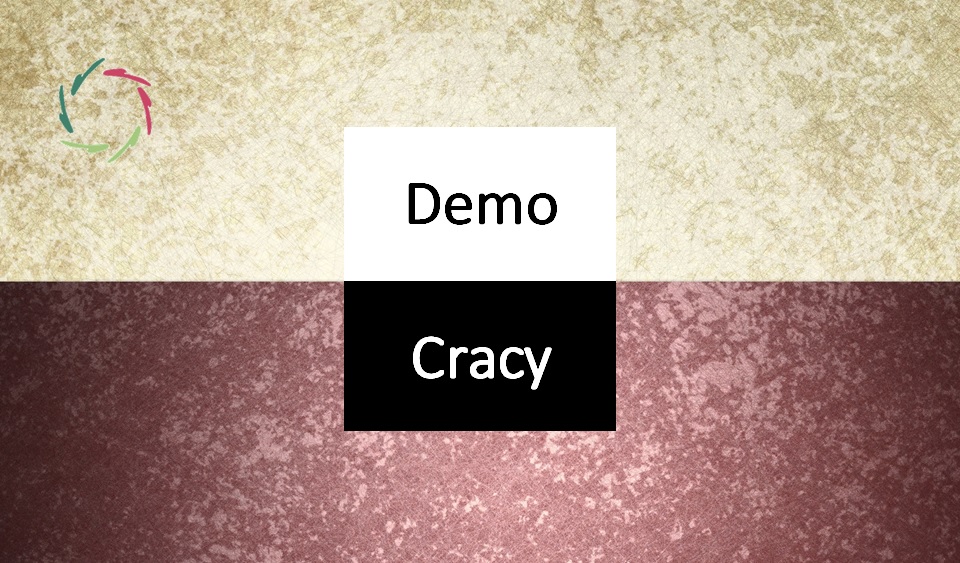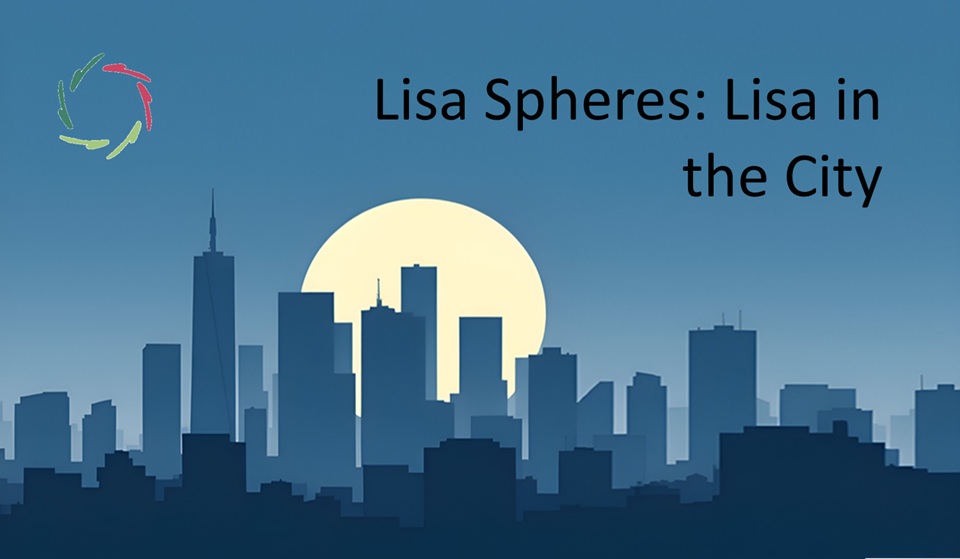Cultural Roaming

In AURELIS philosophy, the end of the line is not culture but the total person — the individual (un-divided). Culture must serve nature.
See: Culture and Nature.
One’s culture can be an essential part of one’s being.
This mostly happens outside of one’s personal insight ― not a bad thing, principally, since it can strengthen a person and lead to social integration. The fact that it happens spontaneously makes it easier to feel the result as coming ‘from the inside out.’ Of course, it also does that to a certain depth.
This is one more reason to strive for qualitatively excellent culture.
Culture does not straightforwardly seek the best for all members.
Symbolically said, culture may have its own ‘motivations’ that can run counter to one or many members’ profound interests.
Therefore, one should not ‘respect culture’ as a given that, for instance, must be accepted without being understood from another culture. Cultural relativism should lead to cultural interest, not disengagement.
Abusing culture
Individuals may abuse the ‘power of culture’ for their private gains. In my view, this happens frequently and is a major cause of much human suffering.
Thus, being critical of culture-as-a-given is always recommendable. Cultural mandates should not be accepted with a blindfold. As said, the end of the line is the individual — not a mere ego but a total person. Compassion, basically, is also oriented that way.
Adolescents are particular newcomers,
Steeped in a specific culture since infancy, an adolescent gets challenged by his newfound ability to look at many things more critically — including one’s place in it. It’s the time of life for an intellectual awakening to one’s mental environment.
Thus, given a still-developing brain (as to the frontal cortex, with mature amygdala), an adolescent‘s cultural relativism can lead to stormy, recognizable behavior ― with good reason.
The rebel does have a cause.
But it’s a rather abstract one. It doesn’t need to be about one specific item but an underlying stream. The confusion – of the rebel and his environment – is understandable.
This creates much energy that needs to get out, one way or another, good or bad. Instead of seeing it as an insignificant phase – something to be avoided at best – culture should pay profound attention to it. The adolescents’ bustling frequently shows ways for cultural improvements.
Just listen deeply. It guides the listened-to as well as the listener to the following.
Growing into wisdom
Adulthood should never be a ‘surrender to culture.’ One gets wiser by not losing anything worthwhile such as being critical again and again. That’s a life lesson for every adolescent, at least.
Moreover, by adequately digesting culture(s), age can come with much cultural wisdom ― thus, also the optimal means to let culture itself grow qualitatively. Here again, the brain helps ― this time through more intracerebral long connections (white matter) that stand for broader associational patterns.
Even so, ‘being a rebel’ may reappear. Might one call this a second adolescence?
In my case, probably yes.


